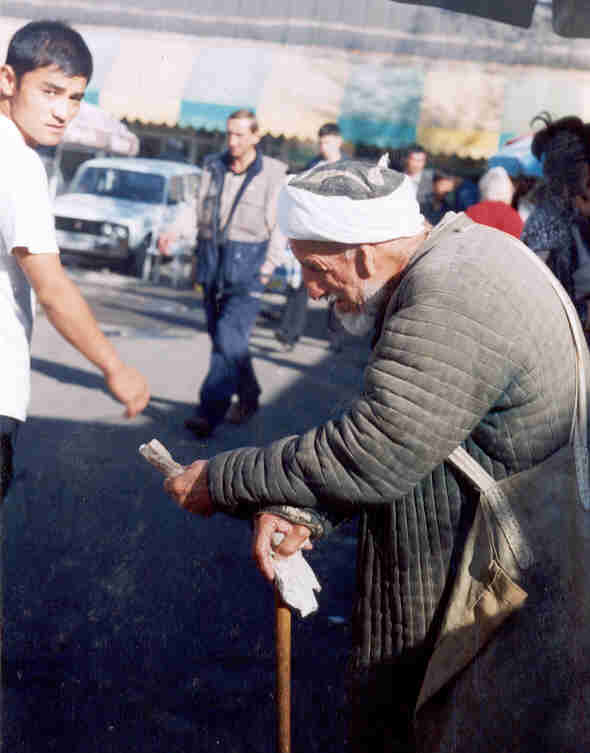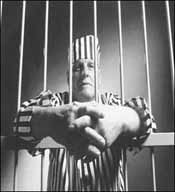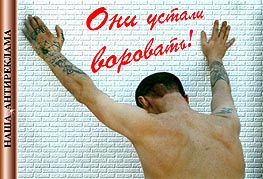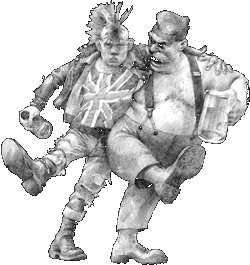Uznews..net – In an interview with the BBC, the British minister for
trade and development described child labour in
Uzbekistan
as a modern form of slavery, while independent experts insist on a boycott on
Uzbek cotton.
The topic of forced child labour in
Uzbekistan’s
cotton fields raised by a journalistic investigation in the BBC’s
Newsnight programme has prompted a discussion of this problem in Britain at
the highest level.
Minister for Trade and Development Gareth Thomas said in an interview with the
BBC that he was extremely glad about the journalistic investigation because
the Uzbek cotton industry was an example of a modern form of slavery.
Minister Thomas said that there were 12 million people enslaved in the world
now, and some of them are Uzbeks and their children.
The British government has repeatedly been raising the problem of human rights
at meetings with colleagues from
Uzbekistan,
Gareth Thomas said. The minister said a dialogue on human rights in Uzbekistan
and on cotton slavery would now expand: it would be conducted with British
cotton businessmen too.
Terry Townsend from the International Cotton Advisory Committee who advises
the Uzbek government on cotton sales was very nervous and had difficulties of
answering questions set by the BBC host.
He said unconvincingly that he had not known before that forced child labour
was used in the Uzbek cotton industry and that the BBC report was a “shocking
discovery” for him.
Townsend said that “rumours” about this dated mainly back to Soviet
times and the early 1990s, later the situation seemed to improve and this
problem was solved. He said that he believed that the world’s best known
brands make clothes of Uzbek cotton and these things might be on sale in
Washington,
London
or
Paris.
David Lewis, an expert from the International Crisis Group who has worked in
Central Asia for a long time, said that everyone who had been to
Uzbekistan,
including cotton businessmen, knew about child labour – it was simply
impossible not to know about it. Children pick cotton not to help their
parents, but the state forces them to do so.
Asked by the BBC why the Uzbek government felt so confident and protected
while violating children’s rights, David Lewis said that
Uzbekistan
had not yet come under international pressure over the use of child labour
either from companies, the EU or Britain, in particular.
Pushed into the corner, the Uzbek government’s adviser. Terry Townsend
was forced to back an idea of exerting pressure on
Uzbekistan.
He admitted that no country, except
North
Korea, could not be fully independent of international public opinion
or pressure from outside.
However, after the Andijan massacre
Uzbekistan,
believing that it may face problems in
Europe,
diverted most of its cotton exports to
Asia,
mainly
Bangladesh
and
China.
However, Townsend believes that it is necessary to raise this problem with
Uzbek leaders and persuade them not to use child labour. He thinks that a
boycott will hardly be effective because both the country’s people and
government will suffer from it.
It is useless to persuade the government, Lewis believes. All attempts to
persuade the Uzbek government have not produced any result, so stricter
measures have to be taken, including boycotting Uzbek cotton, he said.
All
articles about cotton slavery in Uzbekistan >













